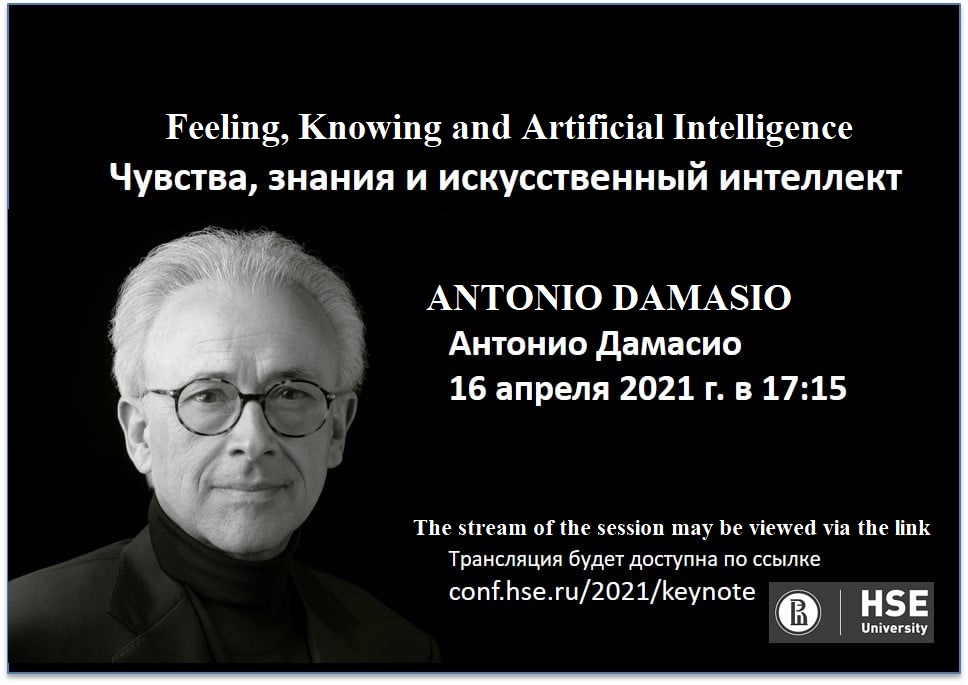
Online lecture by one of the most influential thinkers and neurophysiologists of our time - Antonio Damasio (event completed)
Topic: "Feeling, Knowing and Artificial Intelligence"
XXII April International Academic Conference Roundtable discussion (event completed)
Topic: «(In)homogeneous (ir)rationality. How the brain makes decisions»
Chairman / Co-chairman (Vasily Klucharev / Boris Gutkin)
Congratulations to our colleague Mikhail Pokhoday on receiving his PhD!
On March 17, 2021, a junior researcher at the Centre for Cognition & Decision Making, Mikhail Pokhodai, successfully received his PhD in Psychology with a thesis on "Modality of attention and syntactic choice in English and Russian languages"
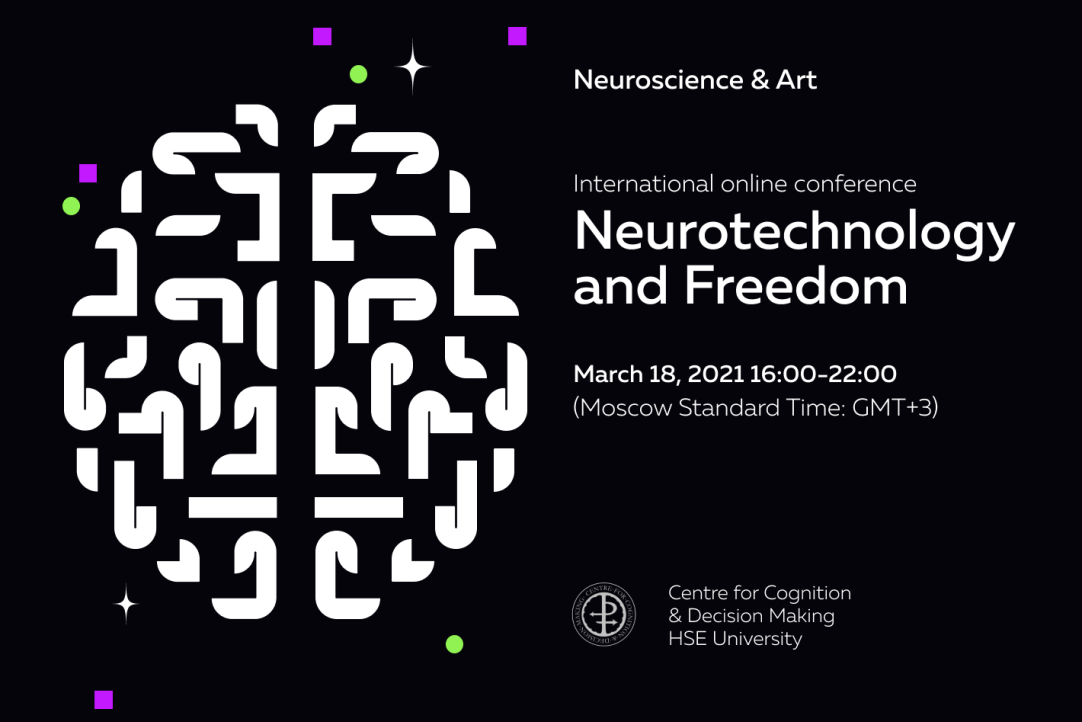
Neurotechnology: The Decline of Freedom or New Horizons for Human Development?
On March 18, HSE University will host the international Neurotechnology & Freedom Conference, which will be held online. In an exchange with HSE News Service, Vasily Klucharev, director of the Institute for Cognitive Neuroscience and tenured professor at HSE University, discussed what views on the compatibility of these two concepts exist in modern science and art.
Congratulations to our colleagues with another publication in Scientific Reports!
Researchers at the HSE Institute for Cognitive Neurosciences have studied how transcranial alternating current stimulation (tACS) affects the primary motor cortex during and after stimulation. Scientists have shown that tACS affects the cortex only during online use (during stimulation). The article was published in Scientific Reports.

Neuroscience & Art project: International Online Conference "Neurotechnology and Freedom"
Organized by the Centre for Cognition & Decision Making, HSE University supported by I-Brain Erasmus+ project
Topic: "Neurotechnology and Freedom"
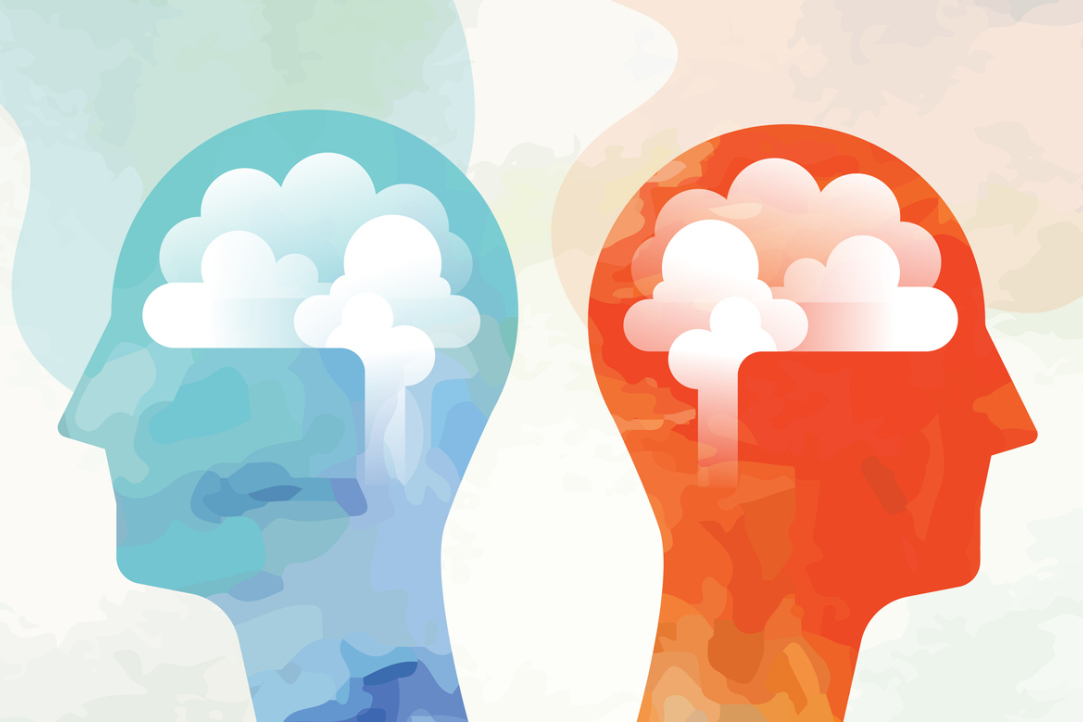
Can the Brain Resist the Group Opinion?
Scientists at HSE University have learned that disagreeing with the opinion of other people leaves a ‘trace’ in brain activity, which allows the brain to later adjust its opinion in favour of the majority-held point of view. The article was published in Scientific Reports.
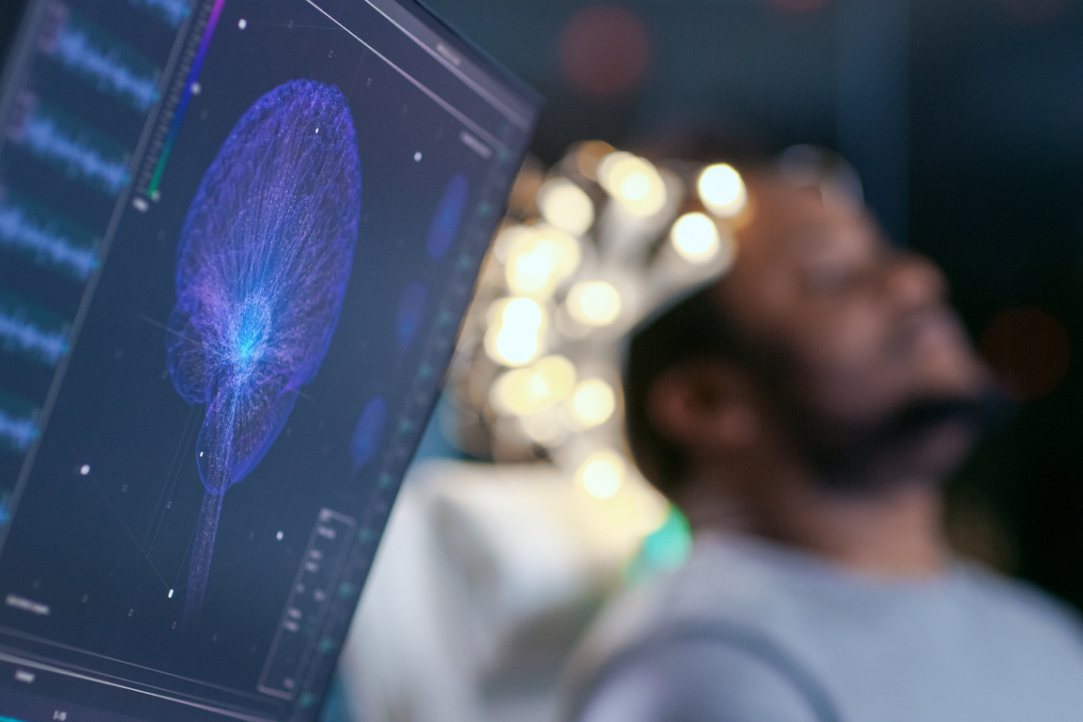
Researchers Expand the Capabilities of Magnetoencephalography
Researchers from the HSE Institute for Cognitive Neuroscience have proposed a new method to process magnetoencephalography (MEG) data, which helps find cortical activation areas with higher precision. The method can be used in both basic research and clinical practice to diagnose a wide range of neurological disorders and to prepare patients for brain surgery. The paper describing the algorithm was published in the journal NeuroImage.
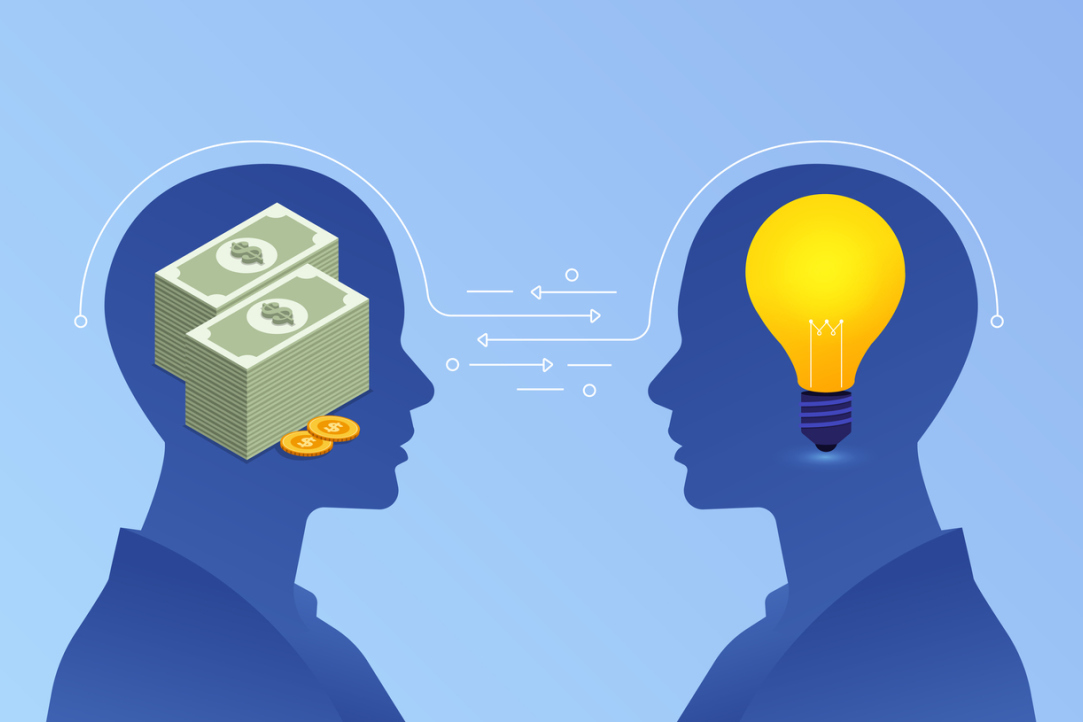
Losing Money Multiple Times Causes Plastic Changes in the Brain
Researchers at the HSE Institute for Cognitive Neuroscience have shown experimentally that economic activity can actively change the brain. Signals that predict regular financial losses evoke plastic changes in the cortex. Therefore, these signals are processed by the brain more meticulously, which helps to identify such situations more accurately. The article was published in Scientific Reports.
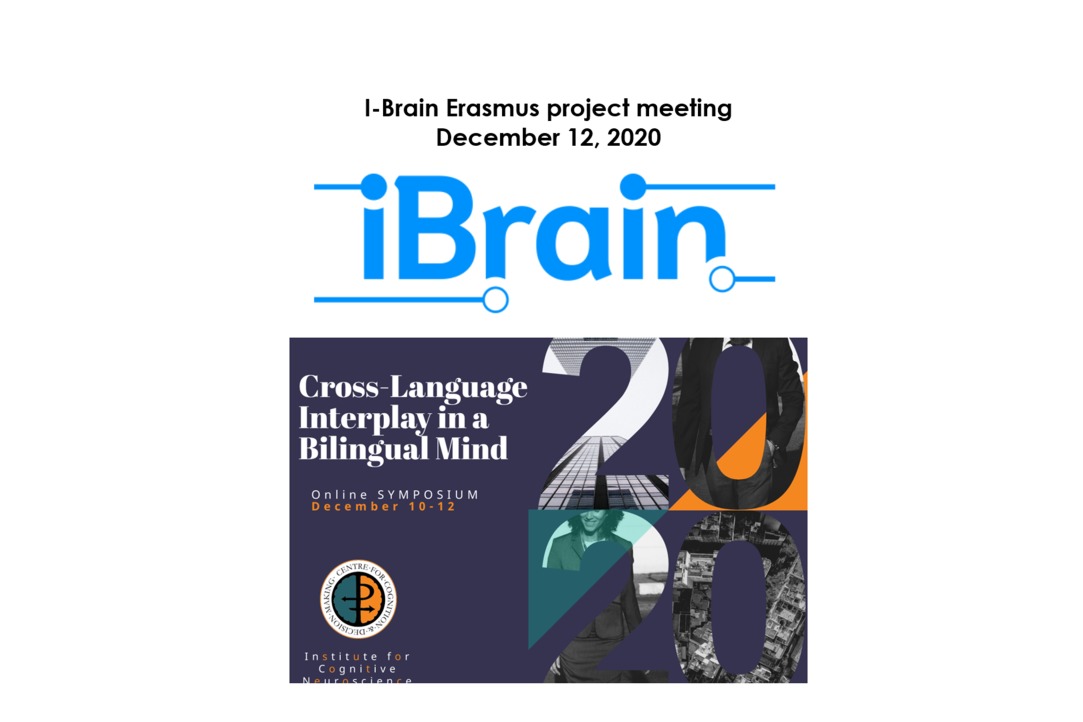
Online Symposium "ERASMUS I-Brain MiniSymposium in cognitive neuroscience – Call for abstracts "
Institute for Cognitive Neuroscience, Higher School of Economics (Moscow, Russia) and Ecole Normale Supérieure (Paris, France) announce the online I-Brain MiniSymposium in cognitive neuroscience, sponsored by I-Brain Erasmus project (http://ibrain.eu/).
